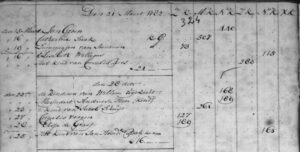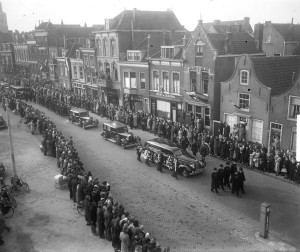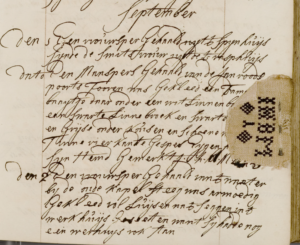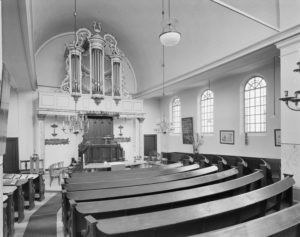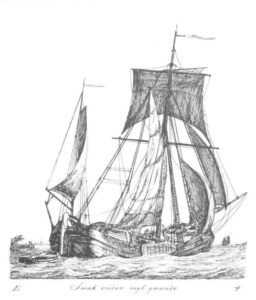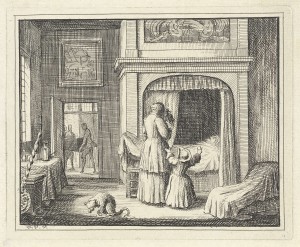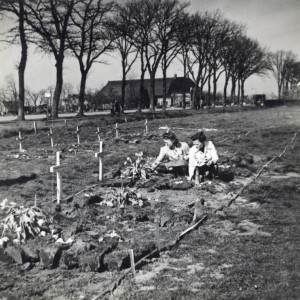In the period after 1811, the civil registration death records are the most reliable and informative records to use. In the period before 1811, there are different types of records that can act as substitutes for death records: Burial records kept by the churches Account books by the churches or deacons where fees are recorded for renting a pall, ringing the bells, or paying for the grave. Records of the death duties levied by civil authorities. Not all records exists in every … [Read more...]
Dutch term – Doodsoorzaak
The doodsoorzaak is the cause of death. Dutch civil registration death records don't record the cause of death. See How to find the cause of death for some other possibilities. … [Read more...]
Dutch term – Haaldode
A haaldode is a dead person that was retrieved. I have only ever seen the word used in Amsterdam records, but it may have been used elsewhere as well. In Amsterdam, a lot of people were living in poverty by the end of the 1700s. People died in the streets or drowned in the canals. Their bodies were retrieved and brought for inspection to a hospital at the Overtoom. They were recorded in a special register of haaldoden. If their identity was unknown, the record would include a description of … [Read more...]
Quick tip – Also Check Church Records After 1811
Church records of baptisms, marriages, and burials are the go-to sources for vital information before the introduction of the civil registration. After 1811, we usually don't bother since the civil registration records are often more reliable. But these church records can contain important information. When to check the church records Consulting as many records as you can about an ancestor is always a good idea, since you never know what you will find. There are certain situations when … [Read more...]
Dutch term – Overboord
Overboord means "overboard," in the literal sense of going over the side of the ship. It is one of many Dutch nautical terms that made its way into English. In death records or newspaper articles, you may sometimes find that your ancestor was overboord geslagen [went overboard] and drowned. Example: Gerrit Engels Mooi Abstract: Harlingen, 22 August 1838 Recorded an extract of a death record created on board of the Dutch "smakschip" [light coastal ship] De Waakzaamheid [the … [Read more...]
Quick tip – No Cause of Death in Death Records
Dutch death records do not normally list the cause of death. Only in unusual cases, for example if the person died at sea or was found dead outside somewhere, will a death record give you a clue about the cause of death. Usually, there won't be any surviving records that allow you to find out how your ancestor died. Here are some things you can try to find the cause of death. … [Read more...]
How to find the cause of death
Several people have asked me how they can find out how their ancestors died. Unfortunately, records that list cause of death are routinely destroyed, so most often it will not be possible to find the cause of death. … [Read more...]
